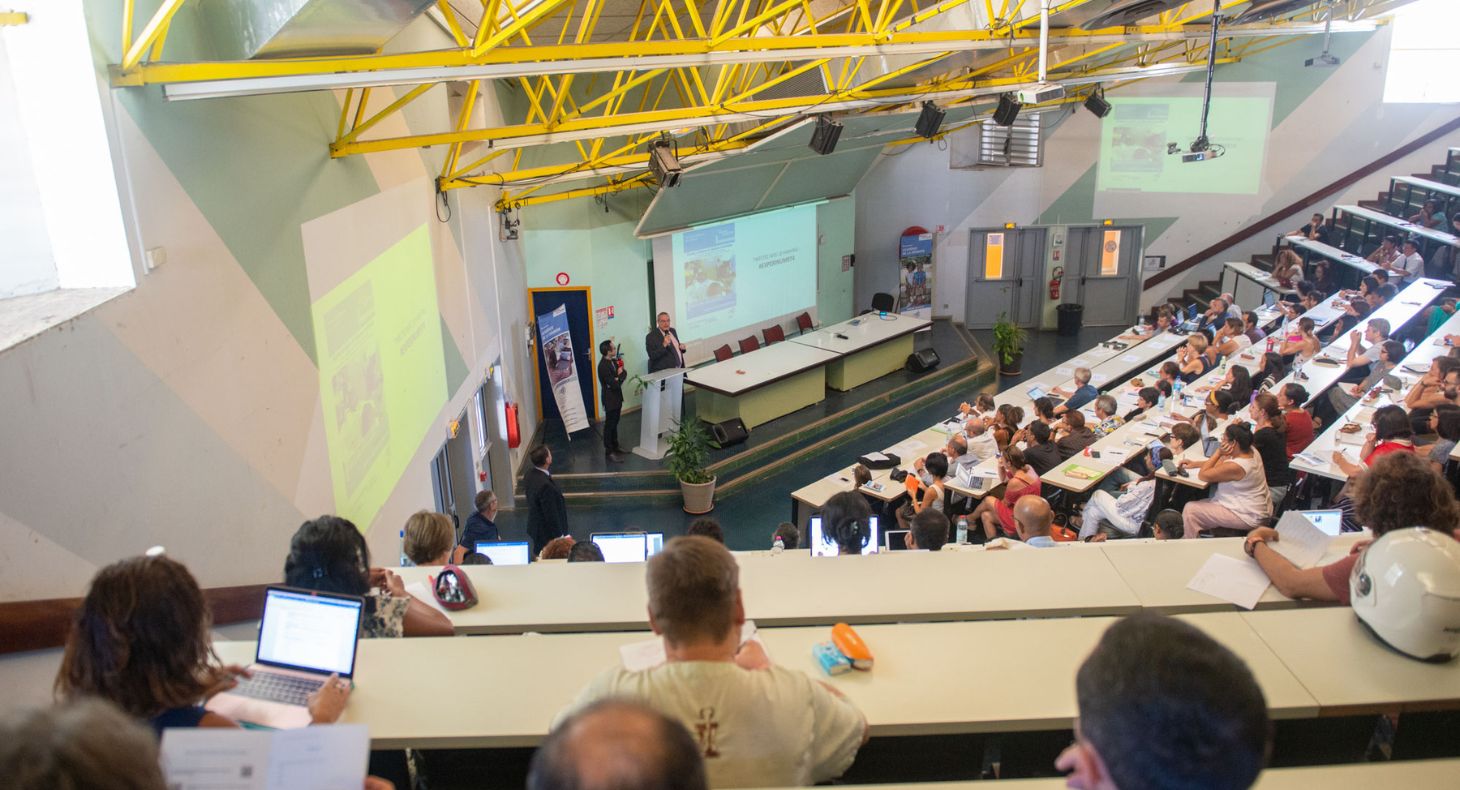Conferences on educational innovation
How to get students to collaborate effectively? Do they really learn more when they work in groups, or is it better for them if they work alone?
How to get students to collaborate effectively? Do they really learn more when they work in groups, or is it better for them if they work alone?
As part of the actions put in place by the establishment to innovate in terms of training, two conferences will be held next Tuesday, December 5 on the Moufia campus on the subject of education. They will be led by Mr. Jean-François PARMENTIER, teacher at IPSA Toulouse and researcher on the theme of computer environments for human learning.
These conferences are organized by the University Educational Engineering Service (SUIP) of the Department of Innovation and Educational Engineering (D2IP), in partnership with the Academic Unit for Research, Development, Innovation and Experimentation (CARDIE) of the Academy of Reunion.
Jean-François PARMENTIER specializes in the transfer of research results, particularly in the field of cognitive sciences, to improve teaching practices.
Conference 1: Promoting collaborative learning: insights from neuroscience
From 09 a.m. to 12 p.m. in the bioclimatic amphitheater (550)
How to get students to collaborate effectively? Is it enough to have them sit next to each other and ask them to work together? And do students actually learn more when they work in groups, or is it better for them if they work alone?
In this interactive conference, Jean-François Parmentier will draw on research in cognitive sciences to explain the conditions for effective group work and will present some teaching methods for making students interact effectively in different teaching contexts.
Conference 2: Promoting collaborative learning: insights from neuroscience
From 14:00 p.m. to 16:00 p.m. in the Commerson amphitheater
Who today would think of designing a rocket without relying on physical sciences? Nobody, or almost! Conversely, who would think of designing a course without relying on cognitive sciences? Almost everyone! Is teaching something innate, or even an art whose mastery is only reserved for a chosen few?
For around forty years, different sciences linked to the acts of learning and teaching have sent converging signals on the effectiveness of this or that educational method. So what do they tell us? How to learn effectively? How to teach better? What concrete changes does this bring about in university education? This conference will present the essential principles of learning and teaching, as well as different teaching methods adapted to the higher education context.
Top of page

